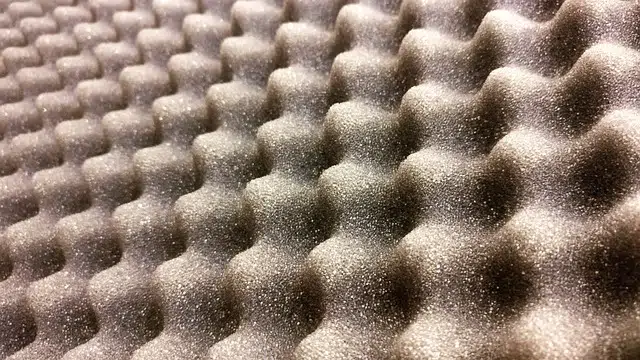
Insulating tape is used to prevent electrical current from leaving the circuit and to prevent the various conductive parts from coming into contact.
Insulator is something that isolates . The verb isolate , for its part, is linked to preventing the passage or transmission of sound , heat , etc.; leave something separate from other things; remove a subject from dealing with others; or abstract the immediate reality from the senses or the mind.
The most common use of the adjective insulator refers to a material that prevents the transmission of something , whether electricity , humidity or something else. In this way we can speak of electrical insulator , thermal insulator , acoustic insulator and other types of insulators.
electrical insulator
Electrical insulator is the material that is used to cover some element of an electrical installation. Since the insulator is not a conductor of electricity (since it does not allow current to pass through), it is used to prevent current from leaving the circuit or the different conductive parts from coming into contact. In this way the security of the installation is reinforced. The insulating tape used to cover cables is one of the most popular electrical insulators.
In addition to all the above, we would have to point out the existence of what is known as insulating oil . It is a type of mineral oil that is used within the field of electricity, specifically in what are called high-voltage electrical installations.

An acoustic insulator is used to prevent sound from entering or leaving a place.
Thermal and acoustic resistance
The thermal insulator , on the other hand, is characterized by its high thermal resistance , which makes it difficult for heat to enter or leave a system . In two different media, heat tends to spread and the temperature tends to equalize. What the thermal insulator does is make this process impossible or hinder.
Another type of insulator is the acoustic insulator , whose function is to prevent sound from entering or leaving a medium. The material, therefore, is used to reflect or absorb energy , as the case may be. It is common for acoustic insulators to be used in radio studios (to prevent outside noise from entering and filtering into the microphones) or in nightclubs (so that the loud sound of the music does not bother the neighbors).
Pladur or durlock, a widely used insulator
Plasterboard, durlock or drywall has become a highly demanded material in construction precisely because it is a great thermal and acoustic insulator, at the same time. This, which is made up of laminated plasterboard, has a multitude of advantages that have led to a considerable increase in its presence in numerous homes and buildings of various types:
• It is much cheaper than other materials.
• It is installed very quickly and easily. It must also be emphasized that it is much cleaner.
• Offers perfect finishes.
• It provides very optimal results both in eliminating noise and in achieving a thermally perfect space away from the weather conditions that occur outside.
The concept in linguistics
Within the scope of language, the use of the isolating term is also used. In this case, specifically in the field of linguistics, we opt for the use of isolating language .
It is used to refer to any language that has the particularity that its words are completely isolated from each other, both grammatical and lexical elements. A clear example of this situation occurs in languages such as Vietnamese or even Chinese.
